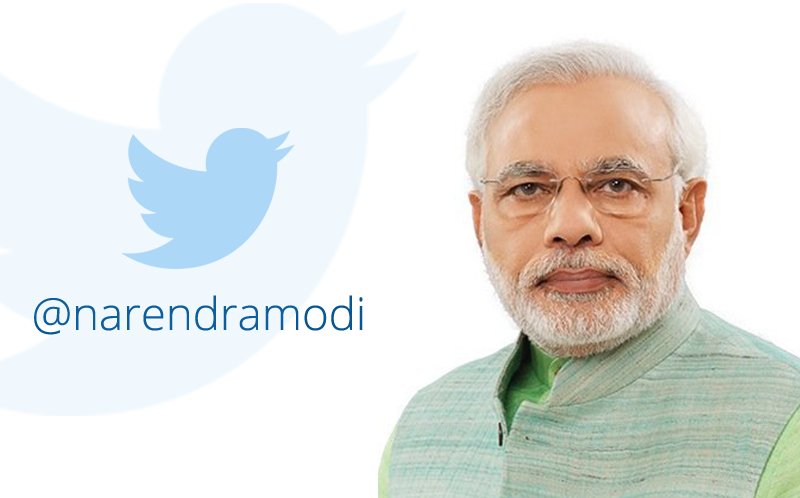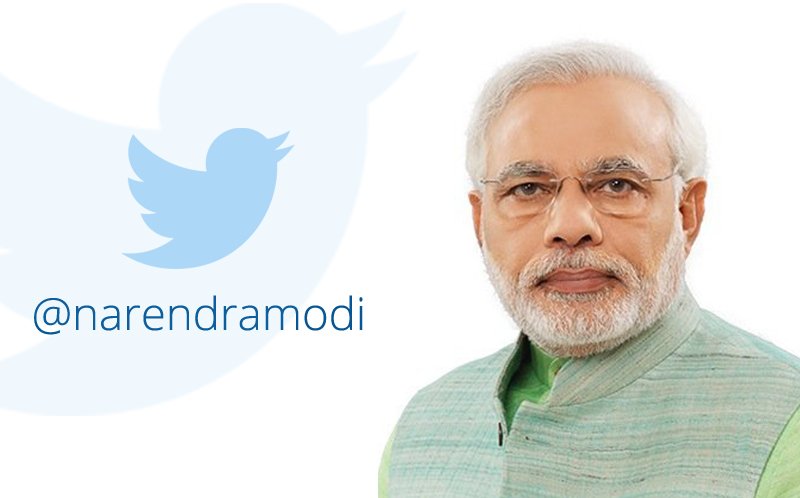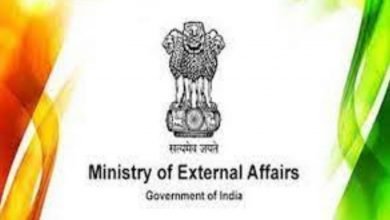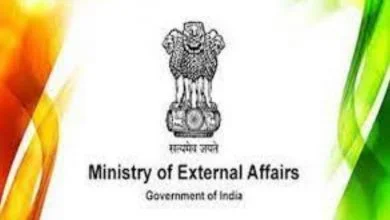Prime Minister’s Address at the Plenary Session of the 21st Meeting of SCO Council of Heads of State
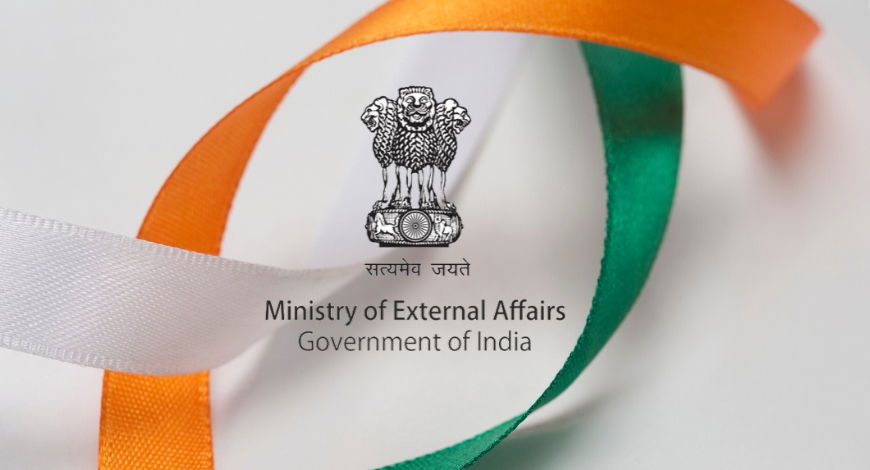
Excellencies,
Namaskar!
At the outset, let me congratulate President Rahmon on his successful Presidency of the SCO Council. The Tajik Presidency has managed the organization efficiently in a very challenging global and regional environment. In this year of the 30thanniversary of Tajikistan’s independence, on behalf of India, I extend my heartiest congratulations and best wishes to all Tajik brothers and sisters, and to President Rahmon.
Excellencies,
This year we are also celebrating the 20thanniversary of SCO. It is a matter of happiness that new friends are joining us on this auspicious occasion. I welcome Iran as a new Member State of the SCO. I also welcome the three new Dialogue Partners – Saudi Arabia, Egypt, and Qatar. The expansion of SCO shows the growing influence of our organization. SCO will become stronger and more credible with new Members and Dialogue Partners.
Excellencies,
The 20thanniversary of the SCO is also a suitable occasion to think about the future of the SCO. I believe that the biggest challenges in this area are related to peace, security, and trust deficit, and the root cause of these problems is increasing radicalization. Recent developments in Afghanistan have made this challenge more apparent. SCO should take an initiative on this issue.
If we look at history, we will find that the region of Central Asia has been a bastion of moderate and progressive cultures and values. Traditions like Sufism have flourished here over the centuries and spread throughout the region and the world. We can still see their influence on the cultural heritage of this region. On the basis of this historical heritage of Central Asia, SCO should develop a common template to fight radicalization and extremism.
In India, and almost in all SCO countries, there are moderate, tolerant, and inclusive institutions and traditions associated with Islam. SCO should work to develop a strong network between them. In this context, I appreciate the useful work being done by SCO-RATS. We expect our SCO partners to actively participate in the calendar of activities that have been built for India’s Presidency of SCO-RATS.
Excellencies,
Fighting radicalization is not only necessary for regional security and mutual trust, but it is also necessary for the bright future of our younger generations. To compete with the developed world, our region has to become a stakeholder in emerging technologies. For this, we have to encourage our talented youth towards science and rational thinking.
We can promote this kind of thinking and innovative spirit by connecting our young entrepreneurs and start-ups. With this approach, India organized the first SCO Start-Up Forum and Young Scientists Conference last year. In the previous years, India has successfully used technology in its development journey.
Whether it is technologies like UPI and Rupay Card to increase financial inclusion or digital platforms like our Aarogya-Setu and COWIN in the fight against COVID, we have voluntarily shared these with other countries as well. We will be happy to share these open source technologies also with our Shanghai Cooperation Organisation partners and to organize capacity-building activities for this.
Excellencies,
The vast economic potential of this region has also remained untapped due to radicalization and insecurity, be it mineral wealth or intra-SCO trade, to take full advantage of them, we have to emphasize mutual connectivity. The role of Central Asia in history has been that of a connectivity bridge between major regional markets. This was also the basis of the prosperity of this region. India is committed to increasing its connectivity with Central Asia.
We believe that land-locked Central Asian countries can benefit immensely by connecting with India’s vast market. Unfortunately, many connectivity options are not open to them today due to a lack of mutual trust. Our investment in Iran’s Chabahar port and our efforts towards the International North-South Corridor are driven by this reality.
Excellencies,
Any initiative on connectivity cannot be a one-way street. The connectivity projects should be consultative, transparent, and participatory to ensure mutual trust. In this regard, respect for the territorial integrity of all countries should be implicit. Based on these principles, SCO should develop suitable norms for connectivity projects in the region.
With this, we will be able to restore the traditional connectivity of this region, and only then connectivity projects will work to connect us, not to increase the distance between us. For this effort, India is ready to make any contribution from its side.
Excellencies,
One of the main reasons for the success of SCO is that its core focus has been on the priorities of the region. My suggestions on radicalization, connectivity, and people-to-people relations will further strengthen this role of SCO. Before I conclude, let me once again thank our host, President Rahmon.
Despite the challenge of this hybrid format, he has organized and successfully conducted this Summit. I also extend my best wishes to Uzbekistan as the next SCO Chairman and assure India’s full cooperation.
Thank you!
DISCLAIMER: This is an approximate translation. The original is available in Hindi on MEA’s website and may be referred to as the official press release.

